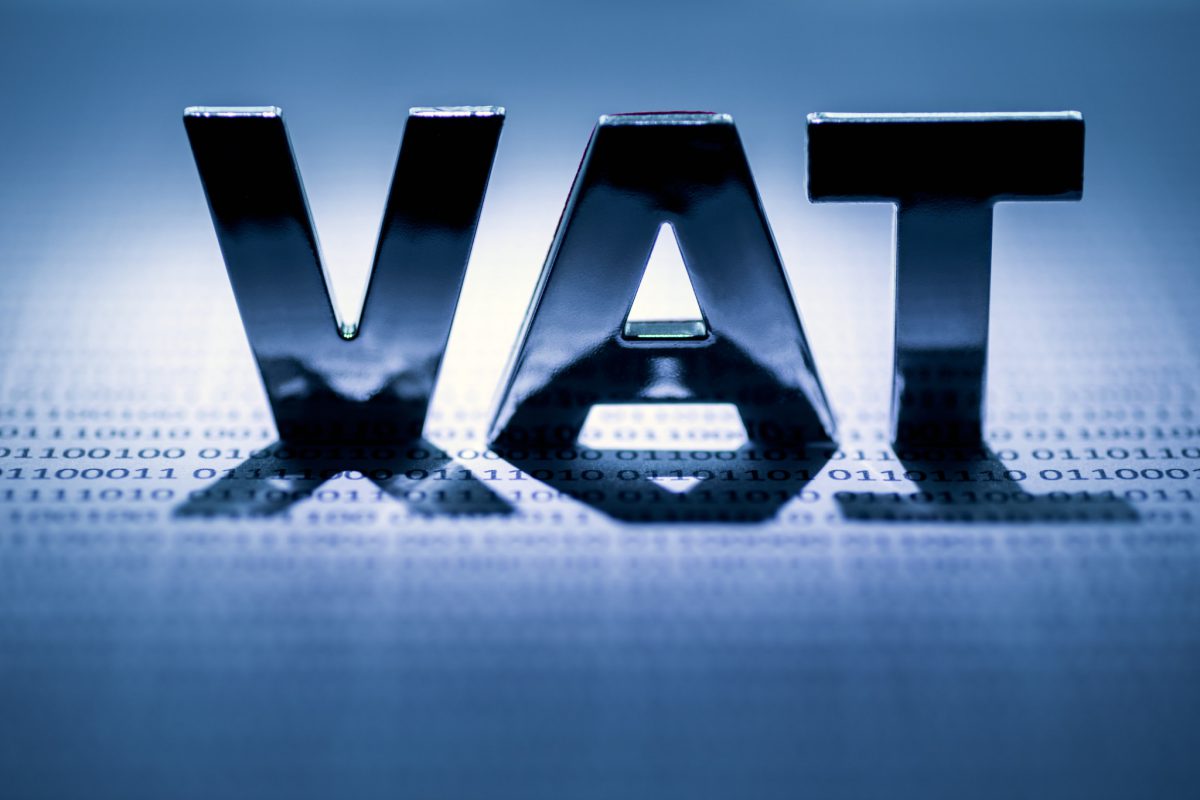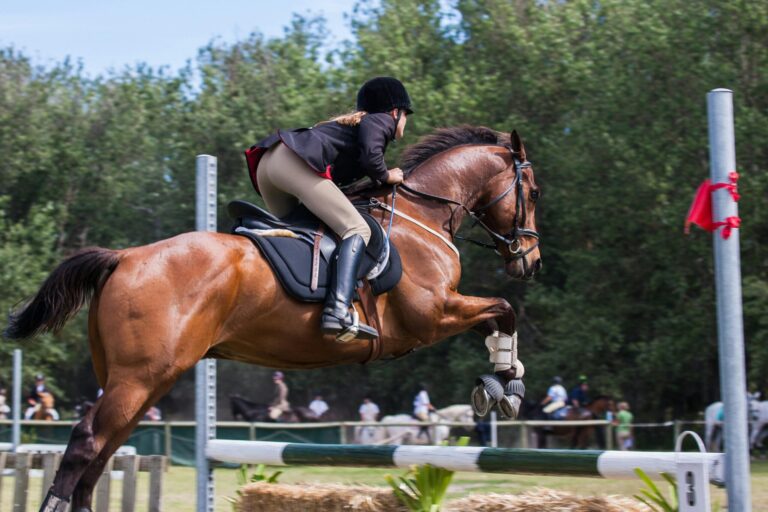If you are a small and/or start-up horse trader in the Netherlands, take notice! Recently, the Dutch Court of Appeal gave an interesting ruling on whether a small ‘start-up’ horse trader can be qualified as a ‘taxable person’ for VAT purposes.
Practical relevance
Qualification as a ‘taxable person’ is valuable for entrepreneurs, as it is necessary for the right to deduct VAT on expenses. Since this can lead to a significant difference in costs, this qualification can be especially beneficial for small (starting) companies.
Small (starting) companies that focus on the horse trade are not that easily recognized as ‘taxable persons’ by the Dutch Tax Authorities. However, this recent ruling seems to have paved the way for small (beginning) horse traders of this kind to obtain the favourable status of ‘taxable persons’.
Summary of the facts
So what prompted this ruling? A small Dutch company with the statutory objectives of breeding, training, buying and selling horses hired an intermediary to eventually buy two horses. It is important to note that the company engaged this intermediary because of his knowledge and experience in trading horses. After the purchase of these two horses, the (sole) director of the company has brought them out in showjumping competitions. In the meantime the company came to an agreement with a stable where the horses were stabled and trained. Only two years after the purchase, the company sold one of the two horses. However, due to an injury, the horse was not sold at a profit, but at a loss. When filing the tax return with the Dutch Tax Authority, the horse trader’s request for tax reduction was rejected because the company would not qualify as a ‘taxable person’. An appeal against the Dutch Tax Authority’s decision was then lodged.
As a result, the Dutch court was confronted with the following issue: Could the horse-trader be regarded as a taxable person for VAT purposes, when only one horse was sold in two years? To answer this, another key question must be established: does the horse trader engage in an economic activity?
‘Economic Activity’
Under the Dutch rules anyone who runs a business or practices a profession independently qualifies as an entrepreneur. Furthermore, the concept of economic activity must be interpreted broadly. An economic activity is already established when the entrepreneur demonstrates, on the basis of objective data, his intention to engage in that activity, unless – of course – there is evidence of fraud or abuse.
Pursuant to Dutch case-law, a reasonable distribution of the burden of proof means that the horse-trader – the plaintiff – must prove that it intends to carry out economic activities and can therefore be regarded as an entrepreneur. This proof must be provided by means of objective facts showing that there is indeed an intention to carry out economic activities.
Horse trader, an economic activity?
The court ruled that the horse trader provided sufficient objective evidence of the intention to carry out an ‘economic activity’. In this respect, the following facts were decisive;
The court confirmed that it is not uncommon for a lot of time to elapse when buying and selling horses in the horse trade. As a result, it is not unusual for a small (beginning) horse trader to sell only a few or – as in this case – only one horse(s) per year.
The fact that the horse trader had used an intermediary to purchase the two horses was also taken into account. The intention of pursuing an economic activity could be inferred from this. After all, because of the knowledge and experience of the intermediary, the chance was increased that the horses – bought on his advice – could be sold later at a profit. The fact that the horse was ultimately sold not at a profit but at a loss does not alter this. In fact, according to the court, this showed that the horse trader also runs an entrepreneurial risk with his activities.
On this basis, the court classifies the horse trader as a ‘taxable person’ for VAT purposes.
What can this judgement mean for you?
This judgment can therefore have positive consequences for you, if you are a small (starting) horse trader in the Netherlands. Now that the Dutch court has ruled that small horse traders can be regarded as ‘taxable persons’, the Dutch Tax Authorities will probably deviate from their more reticent position regarding small horse traders as such. In any case, it now seems that the intention to carry out economic activities can be demonstrated more easily than before. It remains important that small horse traders try to gather objective facts to prove their intention to engage in economic activity.
However, all this comes with a side note. Since the Tax Authorities have appealed against the ruling, they will have to keep an eye on the ruling of the Court of Appeal, which could rule differently. In any case, there is development going on in this area. Should the Court’s line be followed on appeal, it could lead to a more favorable tax position for small horse traders in the Netherlands.
Schelstraete Equine Lawyers and its international partners are specialized in helping and guiding Equine Businesses to establish themselves within the European Union.
To contact us: E-mail: info@schelstraete.nl / Tel: +31(0)13- 511 44 20


